Keystone Pipeline Facts and Myths — Do You Know the Difference?
Published Dec. 14 2022, 4:37 p.m. ET
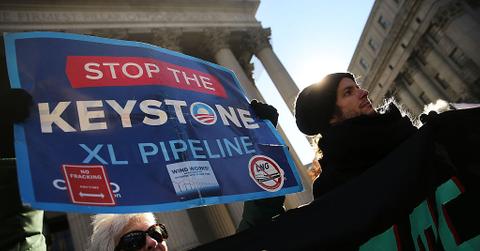
Recently, a leak in the Keystone Pipeline caused thousands of barrels of oil to spill into a creek in Kansas, causing immense environmental damage. Yet somehow, the construction of pipelines remains a controversial topic.
The internet can cause misinformation to spread quickly, which can lead to confusion about what’s true and what’s false. That’s why it’s always important to do a little bit of fact-checking. Keep reading to learn the difference between these Keystone Pipeline facts and myths.
Myth: The Keystone Pipeline is safe.
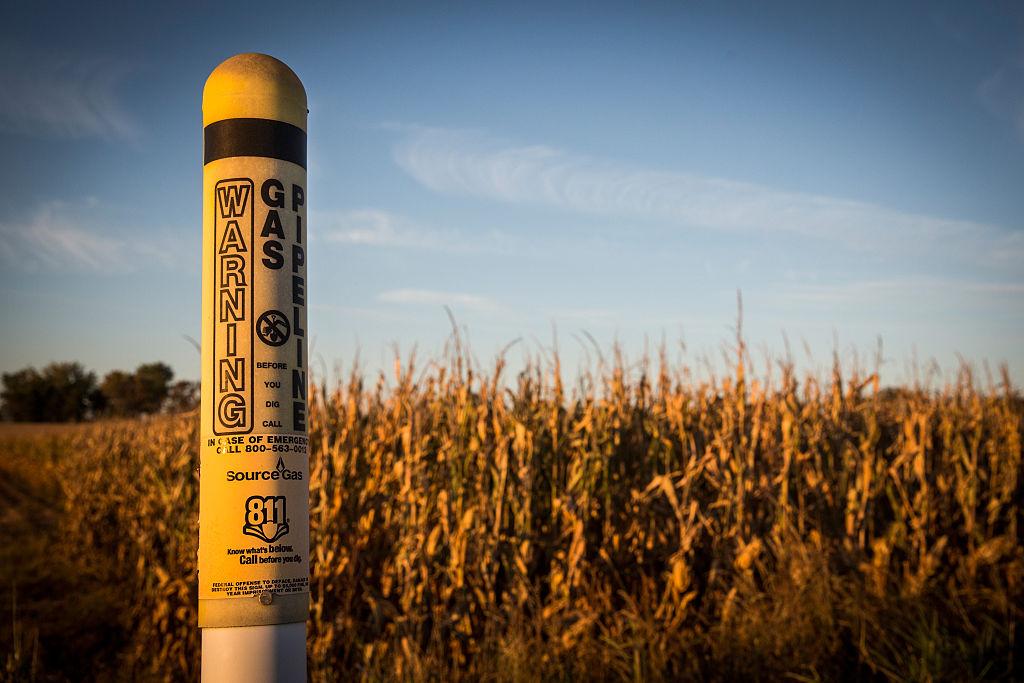
Despite what some might say, the Keystone Pipeline is not safe or risk-free whatsoever. One of the biggest reasons for this is due to the type of oil being transported. Instead of normal crude oil, the Keystone Pipeline carries raw tar sands oil, which is more corrosive and abrasive, according to the National Wildlife Federation (NWF).
This is a huge problem because it means that when an oil spill happens (because they do happen), the industry actually doesn’t know how to clean it up properly. The NWF explained: “Its unique composition means that traditional clean-up techniques don’t work.” Oil spills can result in devastating consequences for both humans and nature, which makes this pipeline the exact opposite of safe.
Fact: The Keystone Pipeline harms nature.
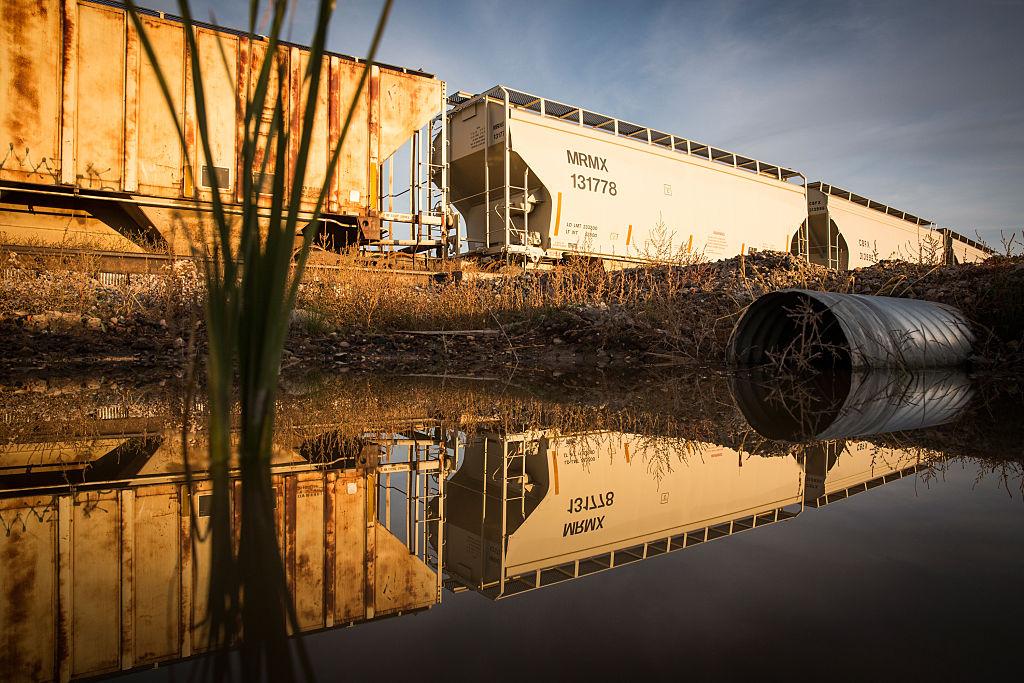
The Keystone Pipeline — just like other pipelines— is very harmful to nature. Pipelines have the potential to endanger many different animals along with their habitats all throughout the U.S., according to National Geographic.
If the extension of the Keystone Pipeline had been completed, the whooping crane — an animal that is already critically endangered — would’ve been at risk of flying into powerlines, National Geographic explained. And with other human activities already harming nature, we really don’t need additional contributions.
Myth: The Keystone Pipeline rarely spills oil.
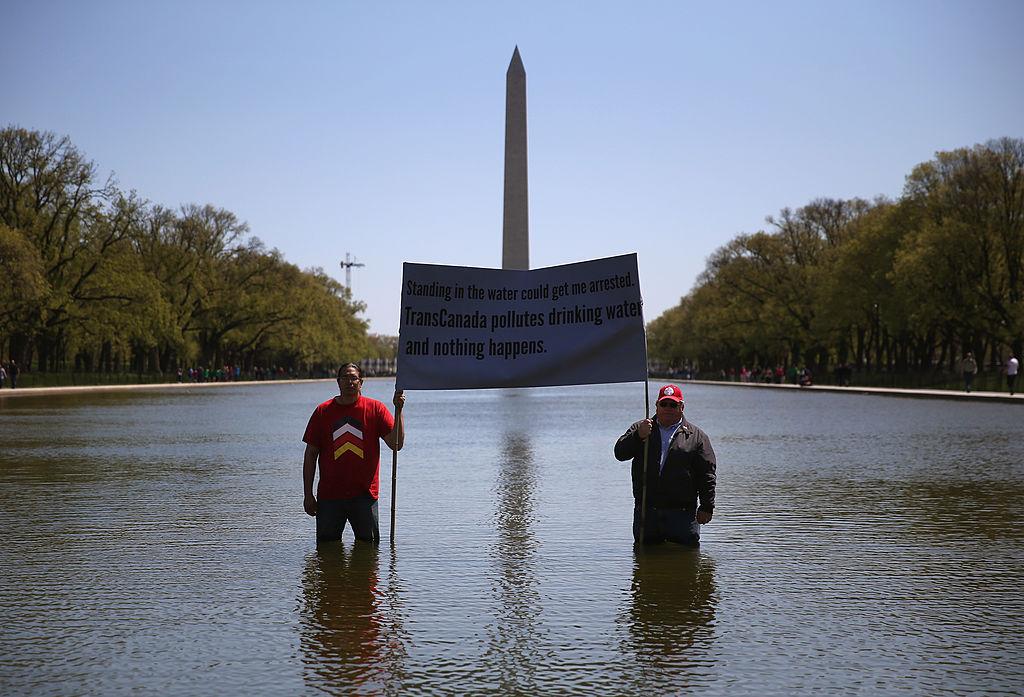
Going along with the idea that the Keystone Pipeline is safe, some people are also under the assumption that it rarely spills oil. As mentioned earlier, the type of oil used in this pipeline is not normal crude oil. In addition to being more difficult to clean up, the use of raw tar sands oil also increases the risk of an oil spill, according to NWF.
“The Keystone Pipeline has had nearly two dozen accidents since it went into service in 2010,” reported CBS News. In fact, one of its most devastating accidents happened recently when thousands of barrels of oil leaked into a Kansas creek.
When an oil spill occurs, it can contaminate the water supply and make it dangerous to consume, according to The Borgen Project.
Myth: The Keystone XL Pipeline extension would have lowered gas prices.
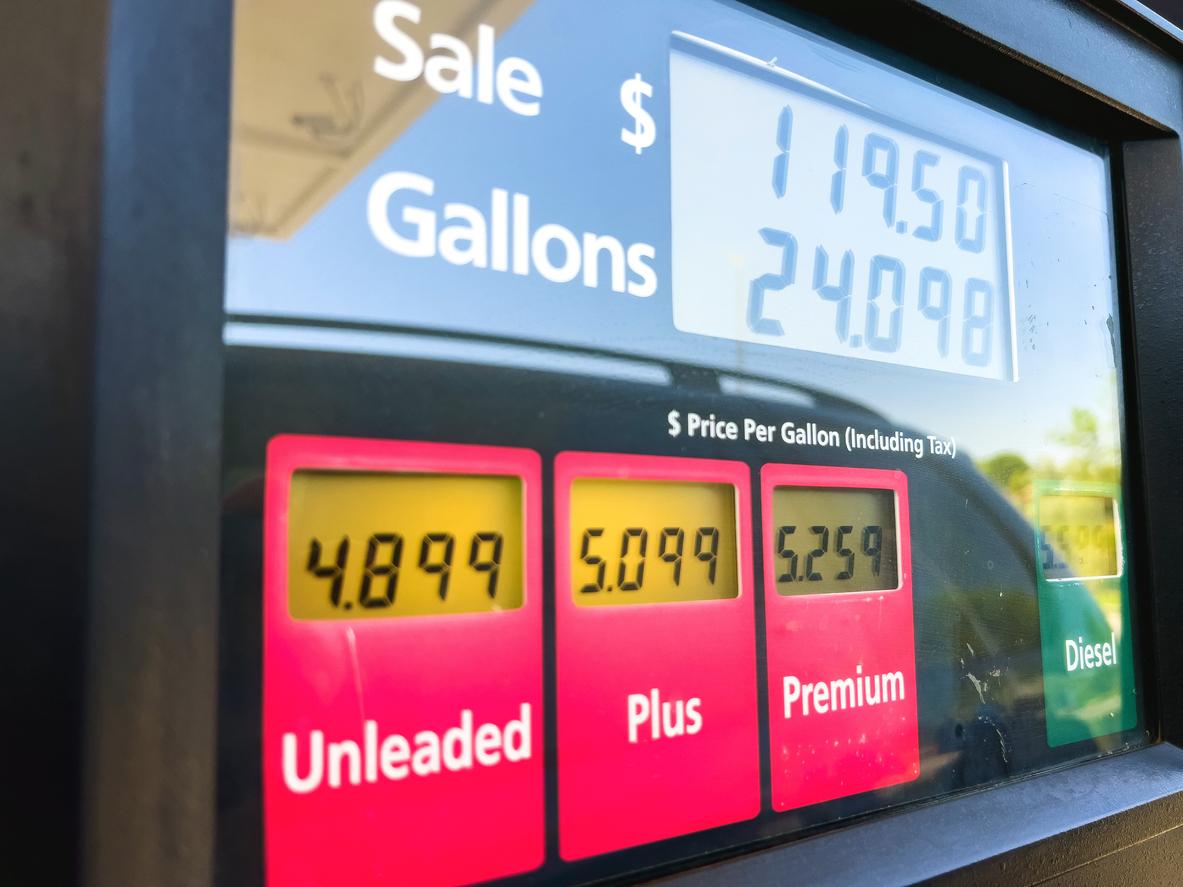
Even though it might’ve seemed like a pipeline extension would have lowered gas prices, that’s actually not the case. And in some places, it would’ve actually had the opposite effect. The NWF responded to this myth and stated: “According to its own secret documents submitted to the Canadian government, TransCanada expects the pipeline to increase gas prices in the Midwest by up to 15 cents per gallon.”
According to CBS News, experts agreed that extending the pipeline wouldn’t have lowered gas prices or prevented them from rising — it would have just increased global oil production by less than 1 percent.
Focusing on clean energy would help solve this issue.
Fact: The Keystone XL Pipeline project has been abandoned.
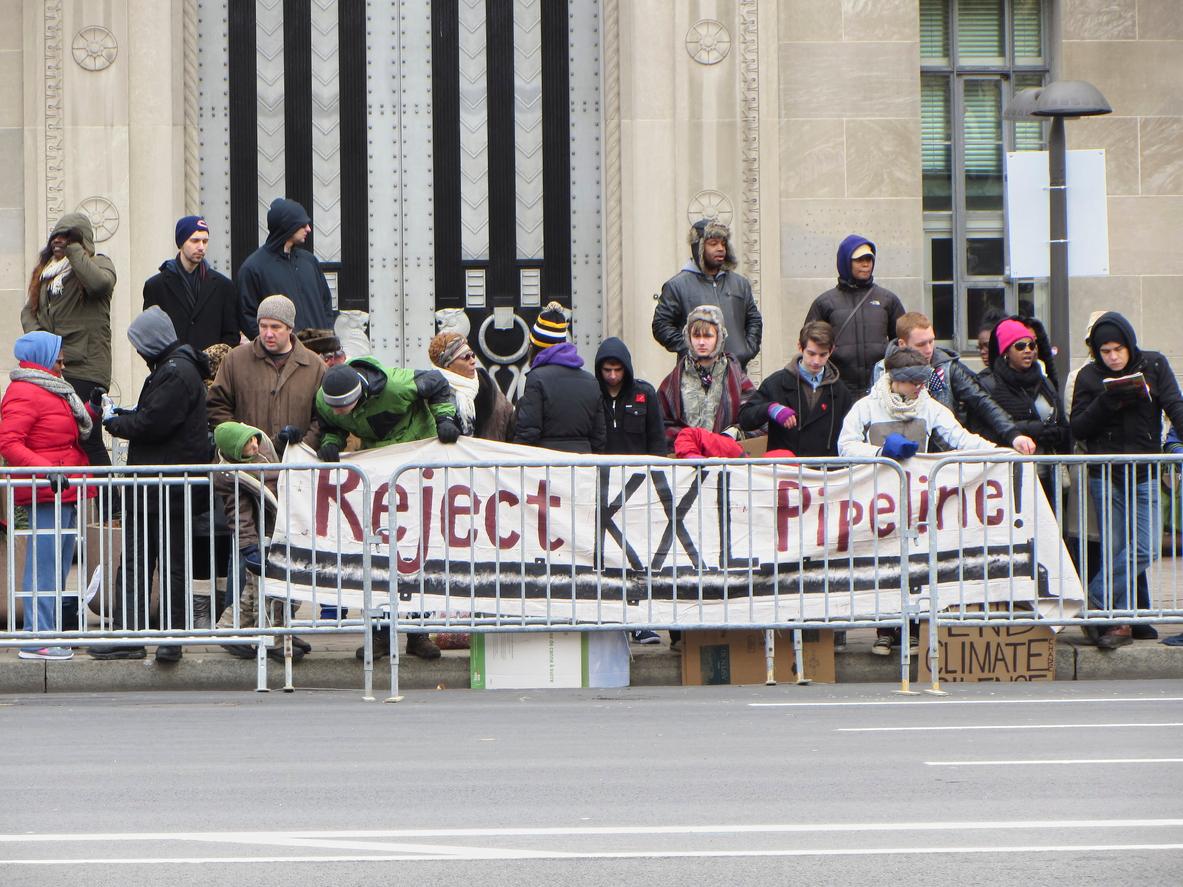
On President Biden’s first day in office, he signed an executive order that canceled the construction of the Keystone XL Pipeline. A few months later, the sponsor of the project, TC Energy, abandoned the project, according to AP News. This was a huge win for Indigenous peoples and environmental activists all over the world.